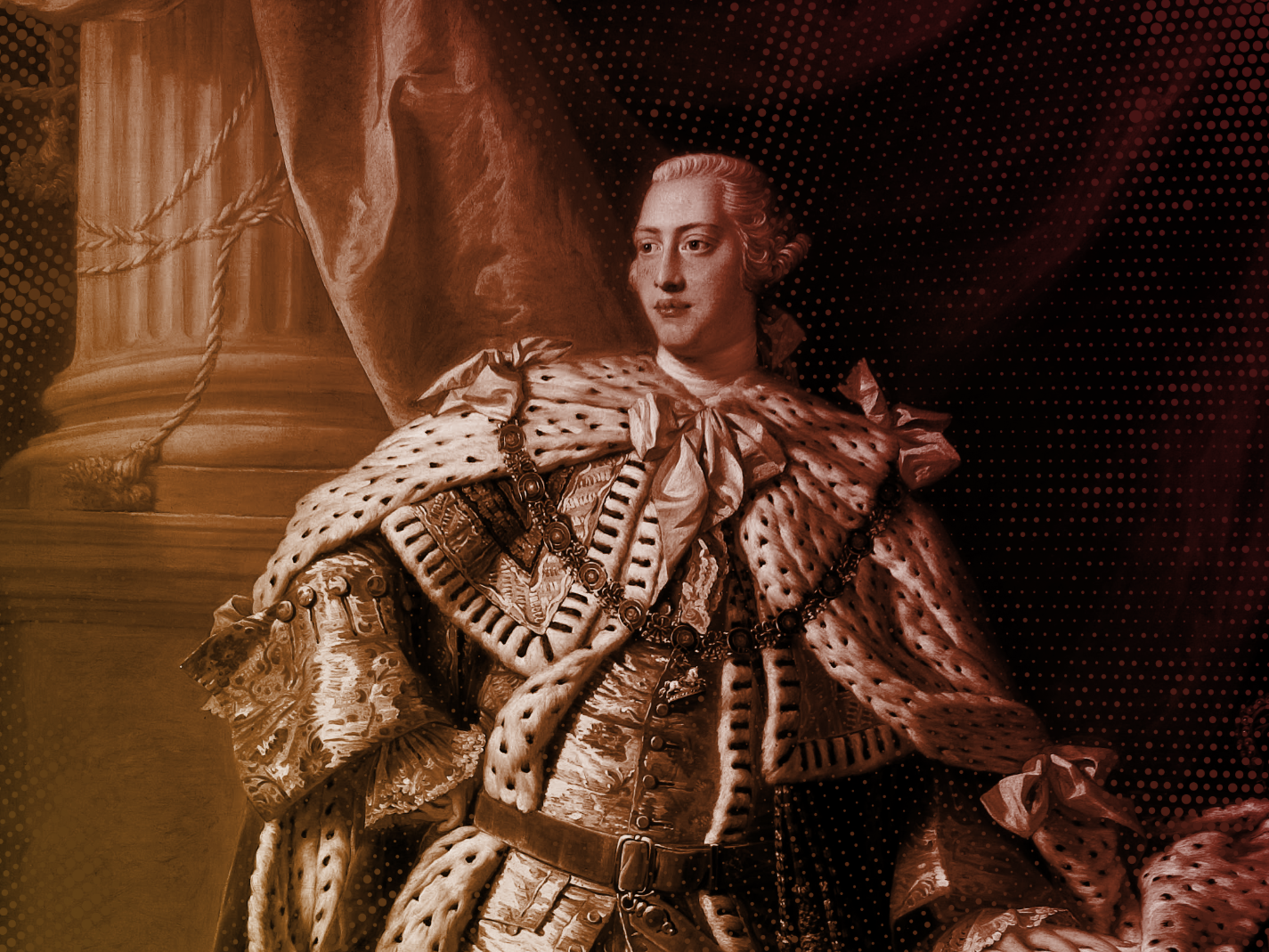
On what was likely a crisp autumn day in Philadelphia in 1774—before muskets and Minutemen—the American colonies chose diplomacy. They sent a carefully crafted petition to King George III, born out of frustration and hope, as a final effort to mend a relationship that had been fraying for years.
Their grievances? Numerous.
Following the French and Indian War, the British stationed a standing army in the colonies without the approval of colonial assemblies—a symbol of oppression that fueled resentment. This military presence enforced unpopular taxes and laws that the colonists had no say in creating. Worse still, British commanders were given supreme authority over civil governments, even during peacetime, eroding the colonists’ belief in self-rule. In some colonies, military officials were even appointed as governors, blending the roles of soldier and ruler—a troubling sign of the erosion of civilian power. New government positions fostered rampant corruption, and judges enforcing harsh trade laws profited from the fines they imposed. Colonial judges, financially dependent on the Crown, found impartial justice elusive.
Customs officers were granted unchecked power to search homes and businesses without warrants, turning private property into a hunting ground for Crown revenue. Colonists were denied trial by jury and could be sent across the Atlantic to stand trial in England. Parliament also allowed offenses in America to be tried by Crown-loyal judges, where colonial defendants faced almost guaranteed harsh, biased sentences.
The boiling point came with the Intolerable Acts. The Boston Port Act closed one of the colonies’ most vital economic lifelines, while the Massachusetts Government Act dissolved local self-governance. Meanwhile, the Quebec Act extended Quebec’s boundaries, reinstating French civil law and promoting Roman Catholicism in lands the colonists believed were theirs—a territorial and religious affront.
The petition’s core message? Stop taxing us without our consent, please.
British lawmakers seemed intent on squeezing the colonies dry, imposing duties on everything from tea to paper. The colonists reminded the king: “Duties are imposed on us for the purpose of raising a revenue.”
The petition ended with a simple plea: “We ask but for peace, liberty, and safety.” If this was King George’s chance to ease tensions, he missed it. Presented by Benjamin Franklin, the petition was swiftly rejected by Parliament and the Crown, pushing the colonies ever closer to war.
While few might see similarities between 1774 and 2024, echoes of those grievances resound today. Without the consent of the governed, Congress has issued billions of taxpayer dollars to Ukraine. Meanwhile, FEMA has spent billions on migrants while leaving hurricane victims underserved, and the current administration has allowed millions of illegal migrants into the country. Free housing has sprung up across the nation for these migrants, with some corporations playing a role. We might also worry about the threat of being sent overseas to face trial, as UK officials seek to prosecute hate speech across borders. Similarly, many Americans may wonder where the heads of inner-city judges are at, as they prioritize the rights of criminals over the safety of law-abiding citizens.
The colonists’ petition ended with a plea for “peace, liberty, and safety.” These three rights remain the simple desires of every generation of Americans—not to foment revolution, but to remind our government that the consent of the governed is still required to preserve those same basic rights.
Art by Beck & Stone

re. Ukraine aid (for example): things that make you go, “hmmmm”:
https://www.washingtonpost.com/opinions/2023/11/29/ukraine-military-aid-american-economy-boost/
or, as Cicero reflected (in English), “Lucius Cassius, whom the Roman people used to regard as a most honest and most wise judge, was in the habit of asking time and again in lawsuits: “to whom might it be for a benefit?” [h/t Wikipedia, of course]
“The Boston Port Act closed one of the colonies’ most vital economic lifelines”
What people forget is that prior to the invention of steam tugs, Boston was the country’s largest port as one didn’t have to rely on the wind blowing straight upriver. Boston was a larger city than NYC, and the port act closed a lot of smaller ports as well.
The other thing is that America had always relied on the militia — the British Army in America had always consisted of the American militia — that’s who had fought (and won) King Phillip’s War a century earlier, and who (considering themselves British) had fought for the King during the French & Indian wars, which was part of the Seven Year’s War between England and France.
The Americans thought they had done their duty to the King by fighting in what they considered to have been “his” war while the King wanted the colonies to reimburse the Crown for what he considered the “expense” of having defended them.
So their militias were being ignored as the Crown sent “regular” troops to America, and worse, they weren’t on the frontier where they would do some good in providing “safety” to those living there — instead they were safely quartered in Boston, where they were competing with Americans for jobs.
The other thing that was happening, and this is the significance of Boston, was goods (and people) being brought across the Atlantic in larger ships and then reloaded into smaller “coaster” vessels that would then sail to the final destination. These “coasters” brought firewood 250 miles down from Machias (Me) so while going around Cape Cod (before the canal) was quite treachero us, they probably went down to NYC if not further south. The advantage of “coasting” is that you could always duck into a harbor if the weather got bad.
Imported were dishes (packed in barrels, they apparently didn’t break, window panes, bolts of clothing, and tea. In the 17th Century there was a noticeable difference on how close one was to the coast, with the inland Massachusetts towns not having the imported goods. That had largely ended by the 18th Century, although as late as the early 20th Century there is a noticeable difference between cast iron frying pans and cookstoves made in Boston or Portland (ME) and those made in Bangor (ME) — the latter had far greater workmanship but half the metal (and weight) because they had to be transported over unpaved dirt roads by wagons, as opposed to by water or rail where weight wasn’t as much of an issue.